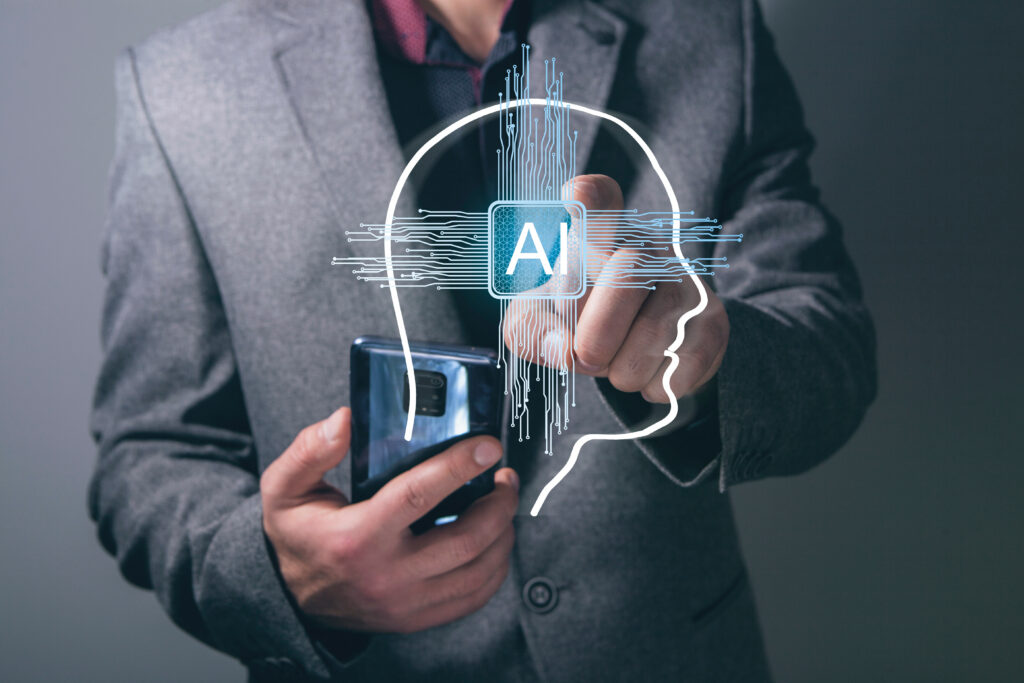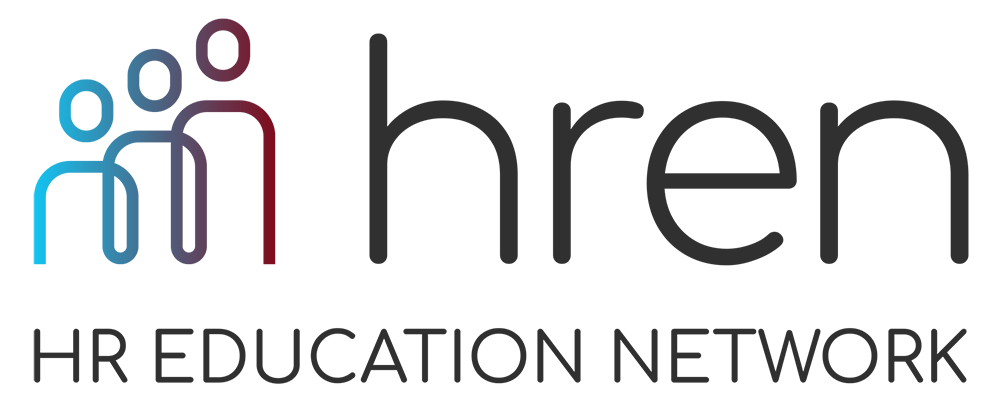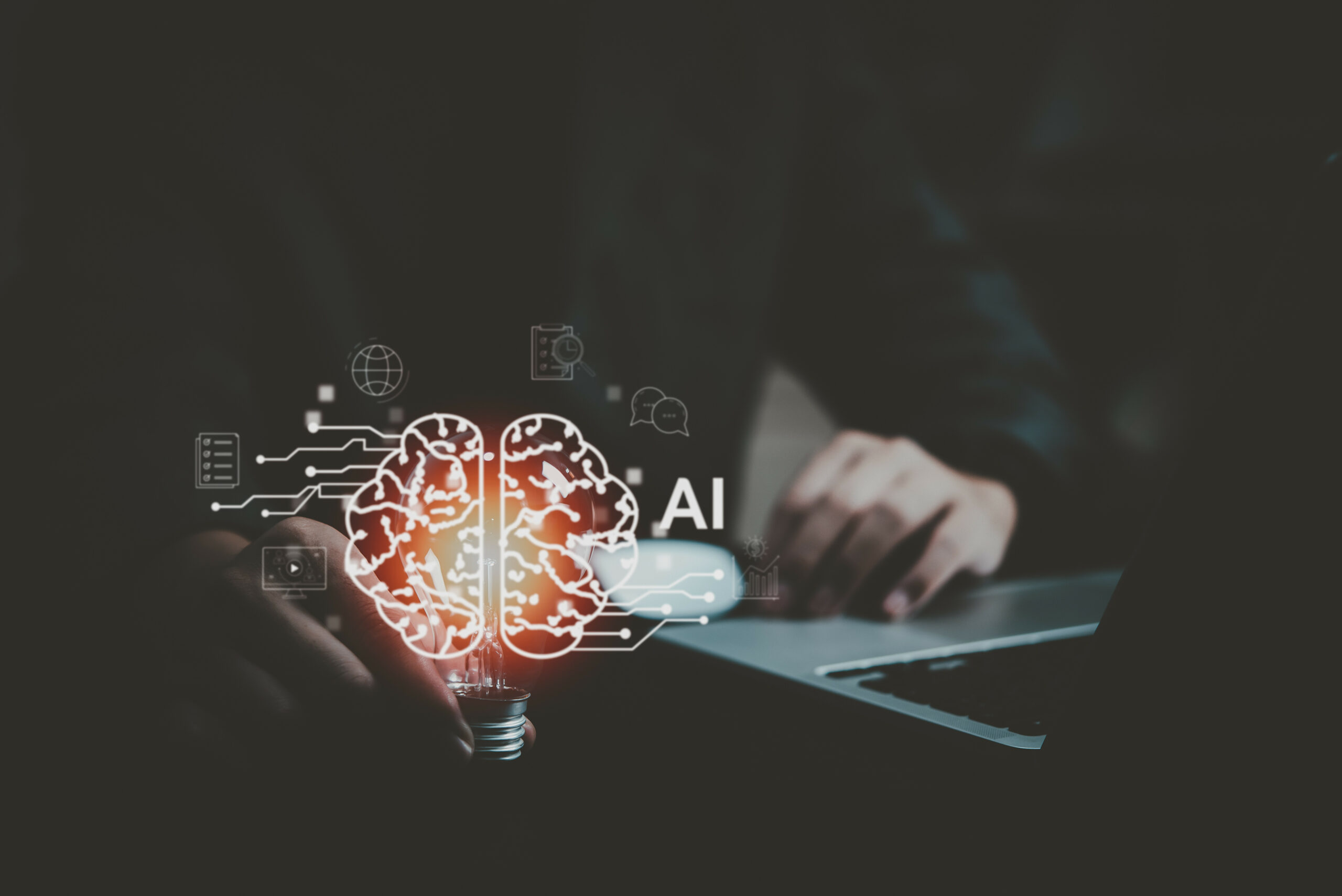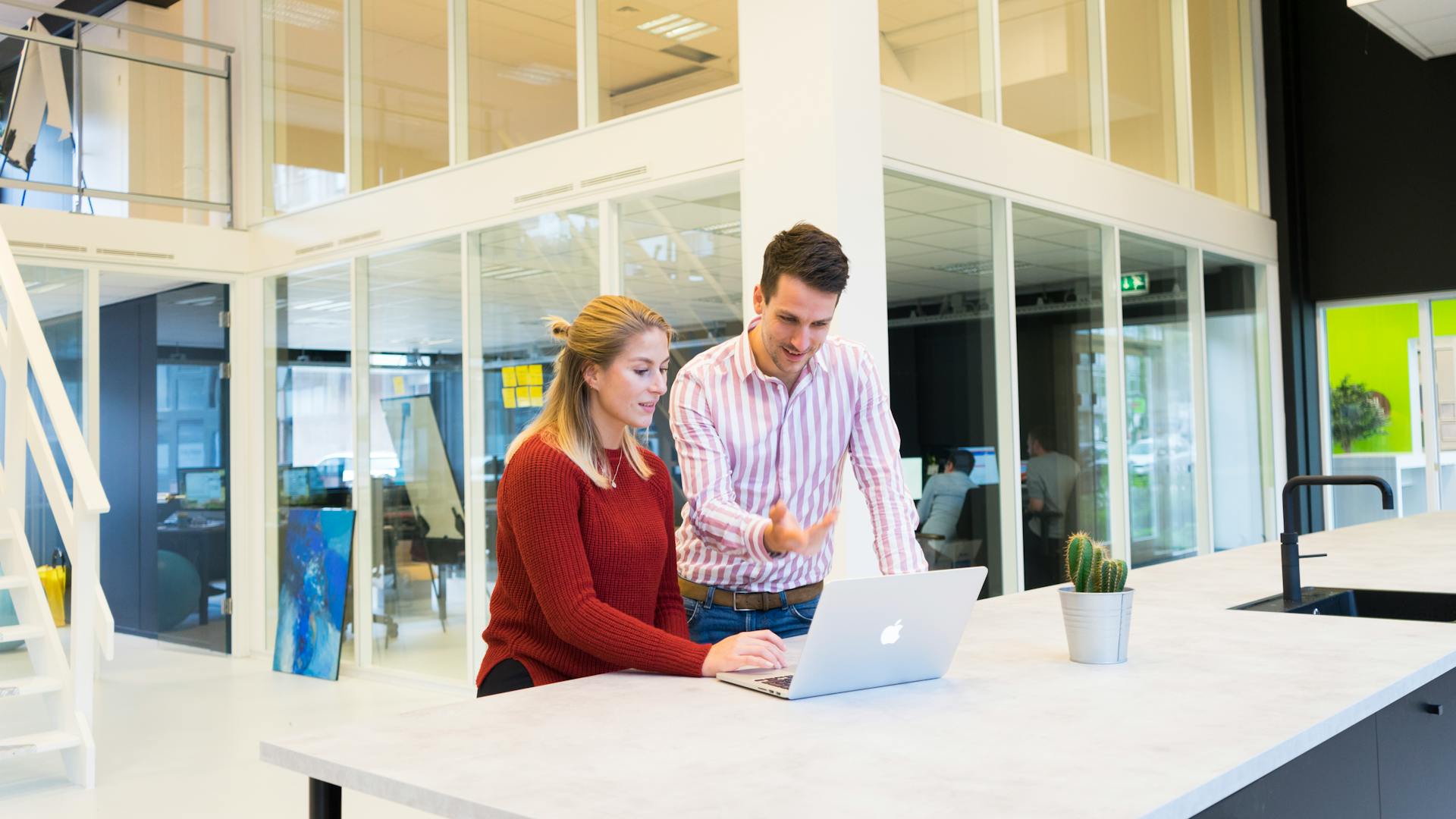AI is transforming industries everywhere, and HR is no exception. The integration of AI in HR processes is revolutionizing how organizations recruit, manage, and retain talent. Not only does it have the potential to increase HR organizations’ efficiency, but it also creates processes that allow for better decision-making.
As an HR professional, keeping up with these advancements is not just beneficial—it’s essential. Let’s look at how AI is involved in HR today and how you can stay ahead of the curve.
How AI Is Revolutionizing Talent Acquisition
One of the most significant impacts of AI in HR is in the recruitment process. Traditional recruitment methods can be time-consuming and prone to bias. AI for HR, however, offers innovative solutions that streamline the hiring process, making it faster, more efficient, and fairer.
AI-powered tools can scan resumes, and companies like HireVue can even conduct initial screening interviews based on data-driven algorithms. These tools are designed to identify the best candidates quickly, reducing the time-to-hire and allowing HR professionals to focus on more strategic tasks. For example, AI can help eliminate unconscious bias by evaluating candidates solely on their skills and experience rather than subjective factors.
To fully leverage the potential of AI in recruitment, HR professionals should familiarize themselves with the latest AI tools and technologies. Understanding how these tools work and how they can be integrated into your existing HR processes is crucial for finding the best talent.
HR AI in Employee Engagement and Retention

Beyond recruitment, AI also plays an important role in employee engagement and retention. AI for HR can analyze employee sentiment through surveys, social media mentions, and other communication channels (such as Slack or Teams).
By analyzing this data, AI can provide insights into employee satisfaction, identify potential issues before they escalate, and suggest personalized interventions to improve engagement.
For instance, AI-driven platforms can predict which employees are at risk of leaving the organization by analyzing patterns in their behavior, such as decreased productivity or engagement. This allows HR professionals to take proactive steps to address these issues, whether through personalized development programs, changes in management approaches, or other targeted interventions.
This functionality is built into many existing enterprise platforms such as Microsoft’s Viva and Workday.
Implementing AI-driven employee engagement tools can significantly enhance your organization’s ability to retain top talent, ultimately saving time and resources that would otherwise be spent on rehiring and retraining.
AI-Powered Learning and Development
Learning and development are other key areas where AI in HR is making a substantial impact. Companies like Edcast use AI to help create personalized learning paths for employees based on their current skills, career goals, and performance data. This improves the effectiveness of training programs and enhances employee satisfaction by providing tailored development opportunities.
AI can also predict future skill requirements based on industry trends, helping HR professionals design training programs that keep the workforce ahead of the curve. By using AI to drive learning and development, organizations can ensure their employees are continually growing and adapting to new challenges.
Preparing for the Future of AI in HR

AI in HR is only going to grow in the coming years. As AI technology evolves, HR professionals must stay informed and adaptable to these changes. This means not only understanding the current applications of AI for HR but also anticipating future trends and developments.
To stay ahead in this dynamic field, consider enrolling in the “Future of Work” Micro-Credential Program. This program will help you understand the full potential of AI in HR and prepare you for the challenges and opportunities that lie ahead.




